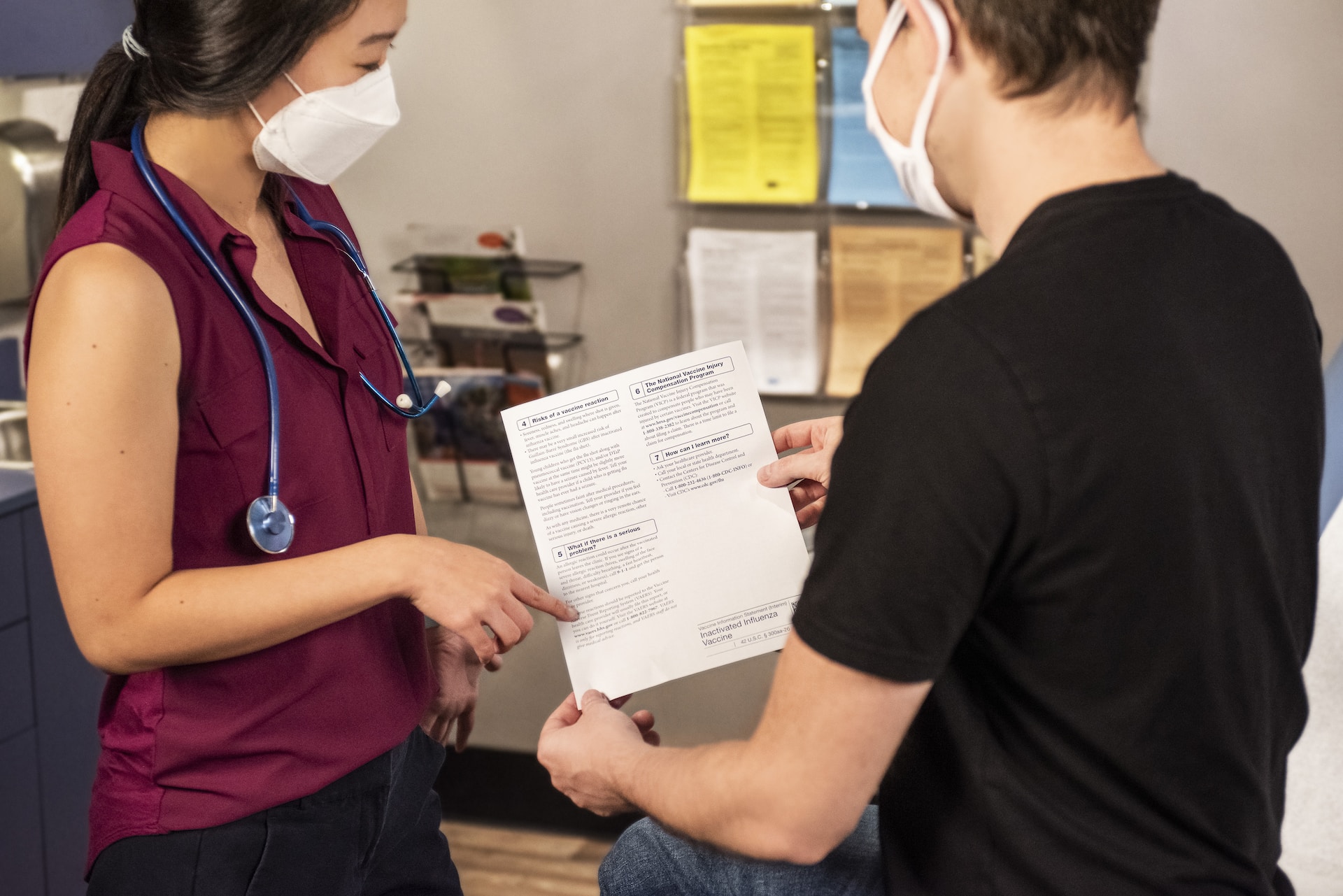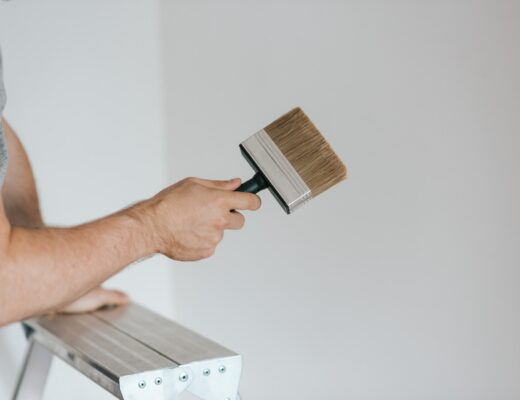Clinical notes are vital to your practice, whether you’re writing them for a hospital or a self-employed physician. They serve many purposes – as a form of communication, a legal document, and a service document.
As the era of digital documentation continues to take hold, patients’ rights to access their medical records are growing. This may mean that perfect clinical notes will look different than they did in the past. Also, you should be aware that HIPAA protects the privacy of patients’ mental health records. That means therapists must keep their notes confidential and protect the information they write from outsiders.
Psychotherapy notes are the most sensitive information a therapist creates and stores. They are classified as Protected Health Information (PHI) under HIPAA.
The Patient’s Story
Traditionally, a patient note has served as a tool for clinicians to track their work and communicate with each other. Now, patients are getting their first look at these documents, thanks to the 21st Century Cures Act and a requirement that all healthcare providers give their patients access to most kinds of records online.
In many cases, notes can contain a lot of medical jargon that a patient might need help understanding. In a recent survey, doctors said they tried making their writing more readable for patients, but old habits are hard to break.
One of the most challenging words for some clinicians to cut is “denies.” This word has a long history of being used in medical language that can lead to confusion and even judgment when it’s read in notes. It can also convey the impression that every patient entering a doctor’s door is a whiner.
Objective Facts
The objective data in your patient notes should include measurable information about their physical condition, such as their temperature, heart rate, blood pressure and oxygen saturation. In addition, you should consist of any other physical examination results.
For example, a nurse who observes that a patient has irritated skin collects objective nursing data. Similarly, if you note that a patient has a swollen leg or grimaces when his leg is touched, these are also examples of accurate data.
On the other hand, subjective nursing data is the information patients give you directly about their health and symptoms. You can gather this type of data through conversations with them or through intake forms and questionnaires.
The Plan
If you want to be a great healthcare provider, you need to be able to organize patient notes. Having a standardized, understandable format, you can easily decipher what is crucial to making the documentation more accessible.
During the first section of your note, you should address what the patient is bringing into your office or their Chief Complaint (CC). This could be their symptoms, the onset of their symptoms, the region affected or other relevant information.
Next, document your assessment of the patient’s problems. This section should include what you think the problem is and any tests that you feel are needed to confirm a diagnosis.
Finally, you will document your treatment plan for the patient. This section should include medications, additional procedures and diagnostic testing, referrals, goals, and follow-up steps. This will help you monitor the patient’s progress throughout their visits and allow you to judge the need for further tests or adjustments to a current treatment plan.
Use HIPAA-Compliant Software
Keeping patient notes secure is one of the essential tasks you must do as a therapist. You are legally bound to keep these records private and confidential; the last thing you want is for them to be stolen or accessed by others.
That’s why using HIPAA-compliant software is critical when taking patient notes. You can find various options online and on desktop computers and smartphones.
A good example is Updox, which was built specifically for small medical practices. It offers appointment scheduling, automated reminders, and a patient communication portal. The app is HIPAA compliant and has several certifications, including one from EHNAC.
Another great option is CareCloud, which provides a disaster prevention backup service that houses sensitive data in multiple locations. This ensures you can recover data in case of a hacker attack or other tech issues.
When choosing HIPAA-compliant software, you should look for the following things: regular backup, encryption, and user authentication. You should also select a system that limits access to sensitive information to users who are relevant to your business.
In addition, you should make sure the HIPAA-compliant software you choose is trustworthy and credible. Check out their credentials and read reviews on popular review sites. It’s also a good idea to try out the software before purchasing it to get a feel for its work.
Patient notes are considered Protected Health Information (PHI) under HIPAA laws, so you should never throw them in the trash or leave them unlocked for anyone to see. This violates the HIPAA Security Rule and could lead to civil lawsuits or criminal charges.
Fortunately, HIPAA-compliant paper shredding services are an excellent option for medical professionals who must destroy their records. These companies use industrial-strength shredders to destroy PHI in seconds.
The right shredding company will be able to ensure that all of your documents are destroyed correctly and safely, so you can avoid costly fines or criminal charges. They will also be able to offer you a proof of compliance certificate, which is essential for insurance purposes.
In addition to HIPAA compliance, partnering with a professional paper shredding company will help you reduce the risk of identity theft and other privacy violations. A good company will also be able to provide you with secure document storage solutions.




